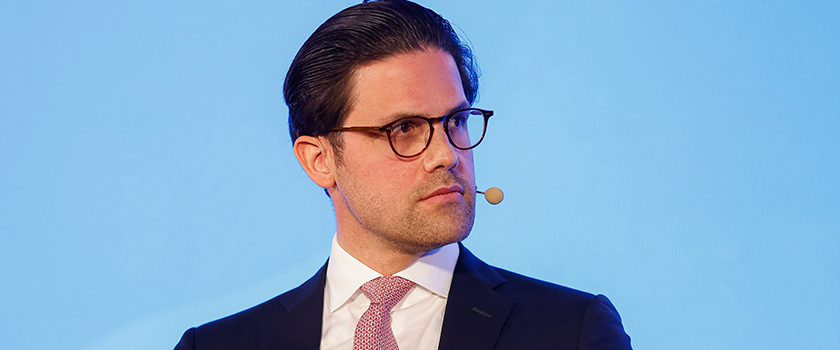The issuance of green, social and sustainability bonds by emerging and frontier countries is gaining traction. UBP expects further expansion of the market.
The investment universe of Emerging Market (EM) green, social and sustainability bonds has grown rapidly, and annual issuance has nearly tripled since 2016. Green, social and sustainability bonds aim at raising funds to address social, environmental and other challenges.
As the Covid-19 pandemic has been focusing attention on the need for sustainable economic recoveries across the world, we saw a significant rise in EM social bond issuance, and the EM social bond market grew five-fold in 2020. Emerging Market Environmental, Social and Governance (ESG) related issuance has increased in each subsequent year since 2015 in general, and at the end of June 2021 the year-to-date issuance of these instruments was at 90% of the previous all-time high for a full calendar year (2020).
Nevertheless, the EM sustainability bond universe remains relatively small when compared to Developed Markets (DM). We expect further expansion of this market with sovereign issuance also growing in response to social challenges, tightening climate policies, and shifting energy investment trends.
In 2020, the first EM sovereign bond with proceeds tied to Sustainable Development Goals (SDGs) was issued
So far, only a few EM sovereign issuers have turned to sustainable borrowing, primarily through green bonds, and they are principally the higher-income EM countries, such as Chile. In September 2020, however, Mexico issued the first EM Sovereign SDG bond. A second SDG bond was issued by Mexico in July 2021, which was closely followed by Uzbekistan paving the way for frontier markets with its inaugural SDG bond – the first ever by a frontier country.
Benin is the first African sovereign to issue an SDG bond
A couple of weeks after, Benin followed in their footsteps, becoming the first African nation to issue an SDG Eurobond. The use of proceeds are centred around four pillars of the national development plan, all oriented towards the achievement of SDGs. The four pillars are:
- “Population” or Social (includes developing agriculture, access to drinking water, housing for the poor).
- “Prosperity” or Economy (includes access to low-carbon, reliable and affordable energy).
- “Planet” or Environment (sustainable infrastructure, conservation of biodiversity, restoration of forest).
- “Peace/Partnership” or Governance (promoting heritage sites, educational sites).
Benin being the first African country to issue an SDG bond comes as no surprise to UBP. Since 2016, Benin has adopted a program of actions anchored to the SDGs to promote sustainable economic and social development, in line with the 2030 Agenda.
As a result of this initiative, the country was chosen by the United Nations in 2018 for the pilot phase of assessing the costs of achieving the SDGs and defining a resource mobilization strategy. And prior to issuing this bond, Benin partnered with the UN Sustainable Development Solutions Network (SDSN) chaired by the economist Jeffrey Sachs, to achieve a more effective monitoring and evaluation of the progress and efforts made by the Beninese government to achieve the SDGs. This partnership will improve the reporting capabilities on the use of SDG funds raised.
UBP views the increase in sustainable and SDG bond issuance as a welcome development for the emerging market fixed-income segment. Furthermore, UBP’s EM Debt team has a favourable view of Benin, and this bond in particular. Consequently, sovereign and frontier strategies managed by UBP participated in this inaugural African SDG issue.

Thomas Christiansen
Head of Sovereign and Frontier Debt
View his Linkedin profile

Biola Babawale
Sovereign Strategist
View her Linkedin profile








